WASHINGTON, D.C. — House Oversight Committee Chair James Comer (R-Ky.) has urged D.C. Council Chair Phil Mendelson to expedite action on legislation needed to finalize the proposed redevelopment of the RFK Stadium campus, which would pave the way for the Washington Commanders’ return to the District. In a letter shared this week, Comer warned that continued delays could jeopardize the team’s $2.7 billion private investment and risk broader consequences for D.C.
Comer emphasized the Oversight Committee’s authority over municipal affairs in the District, hinting that if progress stalls further, Congress may intervene. He stressed the urgency of completing all necessary legislative steps before the D.C. Council’s August recess, calling the stadium project an “economic and civic opportunity” the District cannot afford to lose.
Delayed Timelines and Legislative Hurdles
The Commanders initially struck a tentative agreement in April with D.C. Mayor Muriel Bowser, aiming to finalize the deal by July 15. However, Mendelson repeatedly flagged that the deadline was unrealistic, and in a significant move, he removed the stadium’s enabling legislation from the District’s FY2026 budget bill last month.
Despite that, the D.C. Council recently allocated $1 billion in city funds toward the project, signaling that progress is still possible. Dedicated public hearings on the stadium plan are scheduled for later this month, offering a potential path forward before the council’s recess.
A spokesperson for Mendelson confirmed that negotiations with the Commanders are ongoing and described the conversations as “positive,” though the exact timing of a legislative vote remains uncertain.
Regional Bidding War Reignites
The pressure on D.C. is now further complicated by news that Maryland and Virginia have re-entered the bidding process for the new Commanders stadium. According to WUSA9, an exclusivity clause that had prevented other jurisdictions from submitting proposals expired on Tuesday, prompting both states to resume conversations with team officials.
While D.C. still holds frontrunner status, thanks to backing from both the Commanders franchise and NFL leadership, delays in council action could threaten the project’s timeline. Sources say a continued holdup could jeopardize the targeted 2030 stadium opening, a key date if D.C. wants to host matches during the FIFA Women’s World Cup.
Criticism From Within the Council
Amid growing momentum, some members of the D.C. Council have expressed deep reservations about the current structure of the stadium deal. In an op-ed published in the Washington Business Journal, Councilmember Charles Allen argued that the agreement, in its current form, offers too many concessions to the team and lacks a long-term vision for the city’s growth.
Allen highlighted concerns over public spending, noting that the city would pay $352 million to build 8,000 parking spaces while the team retains all the tax-free parking revenue. He also criticized the absence of any funding for Metro expansion or community infrastructure.
“Even the team’s biggest boosters should be seriously concerned,” Allen wrote. He compared the deal unfavorably to the Nationals Park agreement, which includes only 1,250 parking spaces and a revenue-sharing model, along with Metro accessibility just a block away.
Allen urged the city to reallocate a portion of the parking budget toward a new or significantly improved Metro station to support the proposed 65,000-seat stadium. He also called for the stadium to meet net-zero energy standards, similar to Atlanta’s Mercedes-Benz Stadium, as a model of sustainable development.
The Stakes for D.C.
For Washington, the return of the Commanders would be more than symbolic—it would bring new jobs, revenue, and national attention. But with rising political tensions and competing offers from neighboring states, D.C.’s window of opportunity is narrowing.
Whether the council acts swiftly to lock in the deal—or lets it slip into further uncertainty—could determine not just where the Commanders play, but how the District positions itself for major sporting events and economic development in the years ahead.

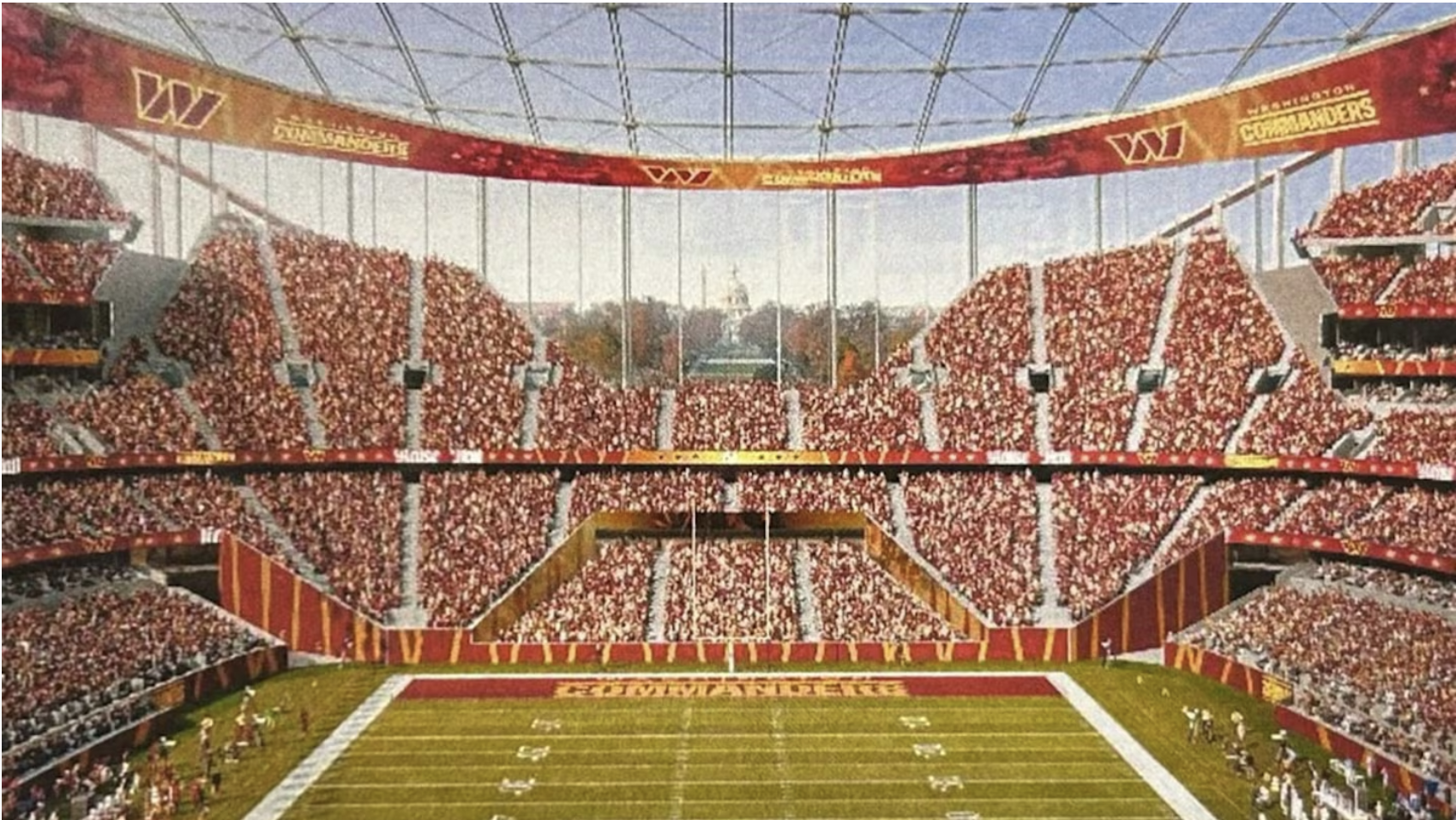

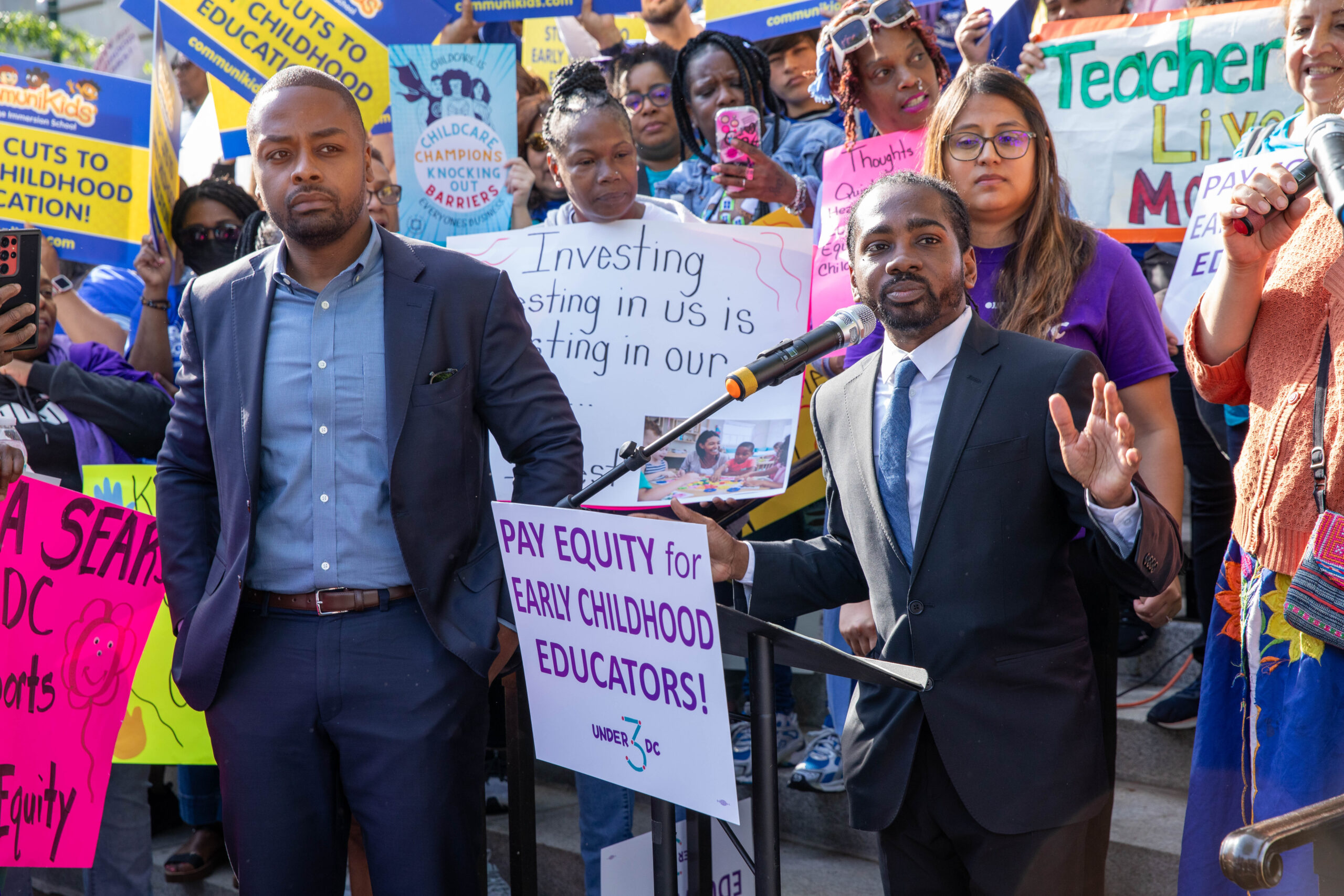
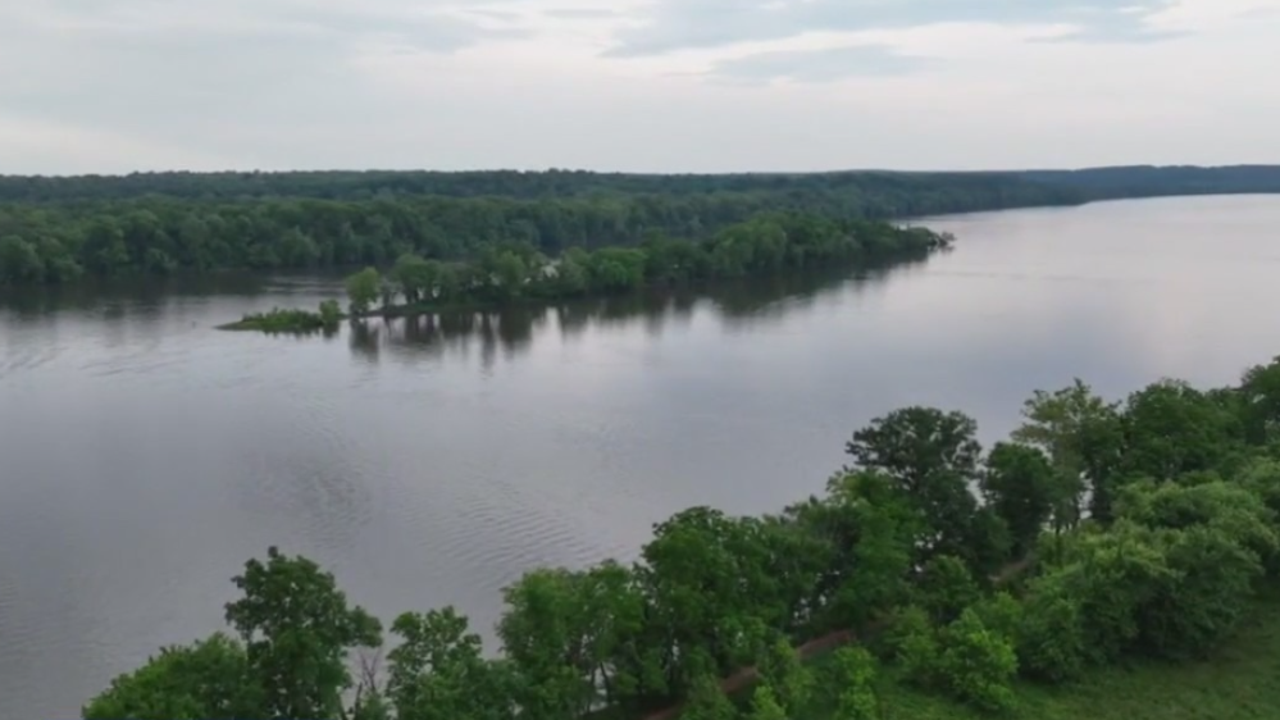


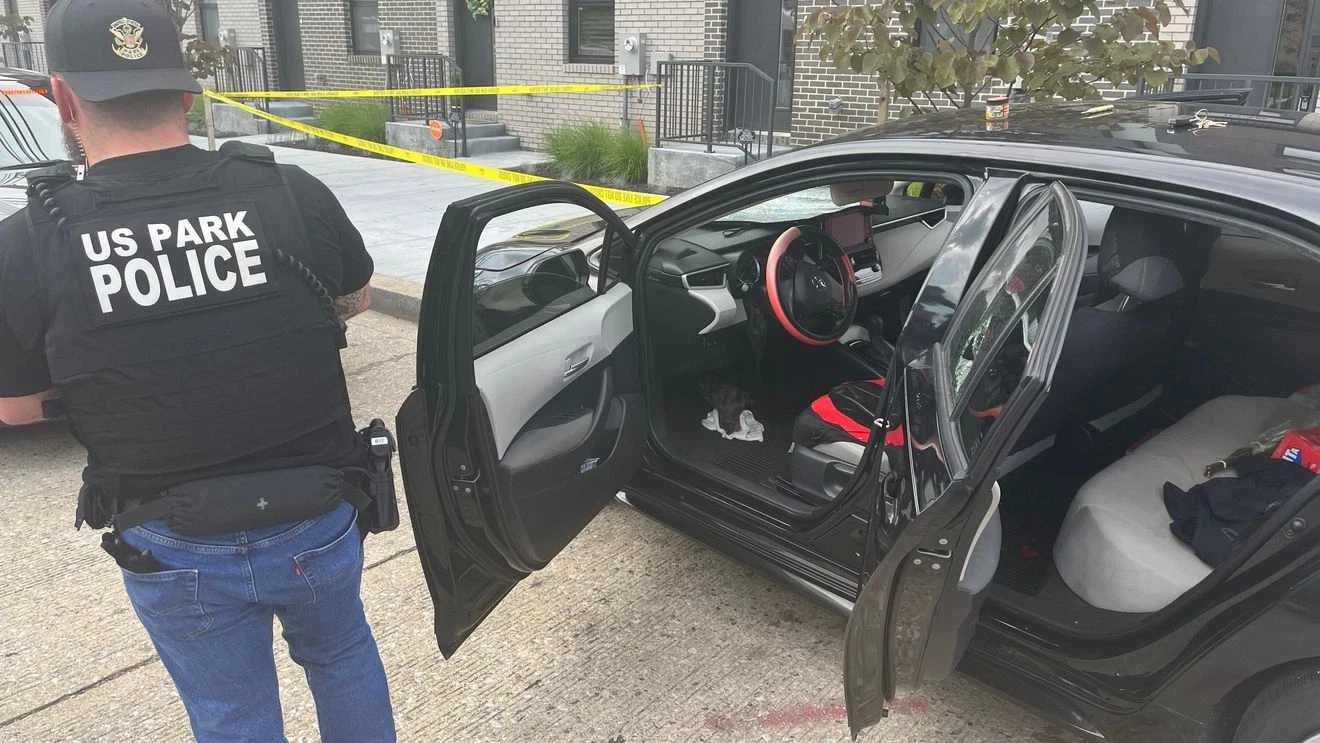

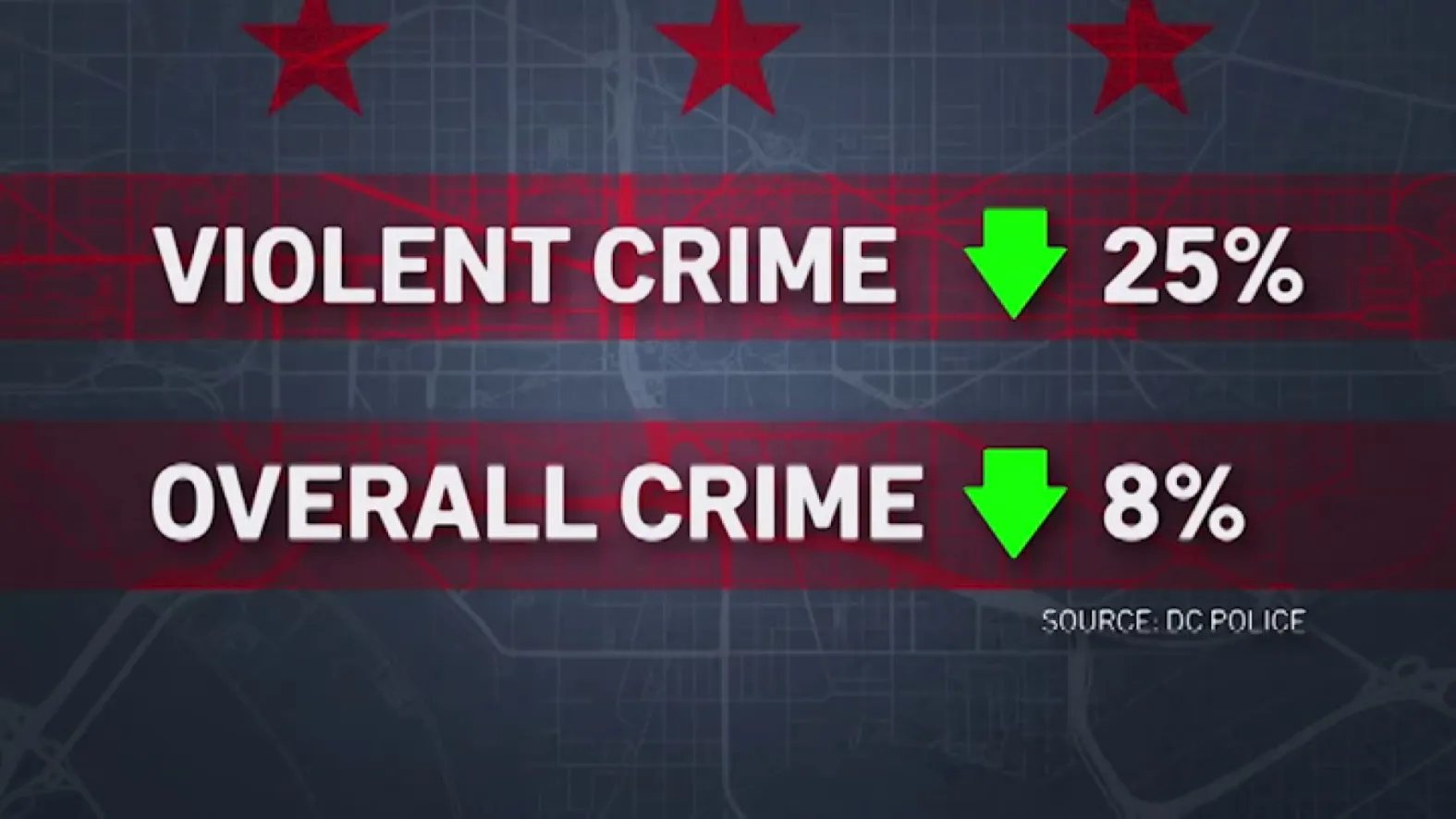

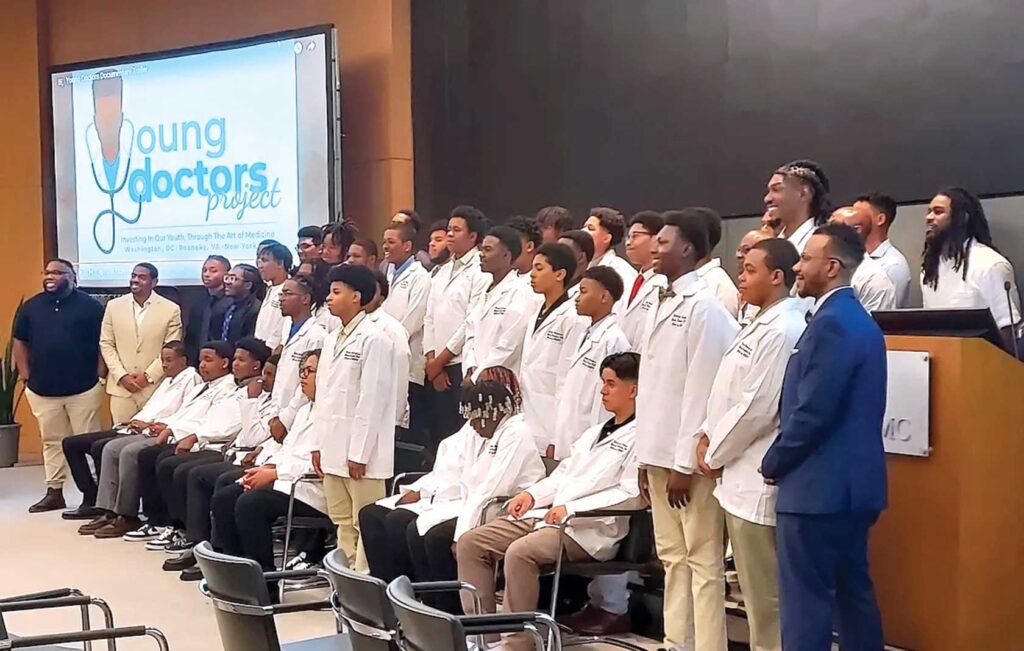
Leave a Reply